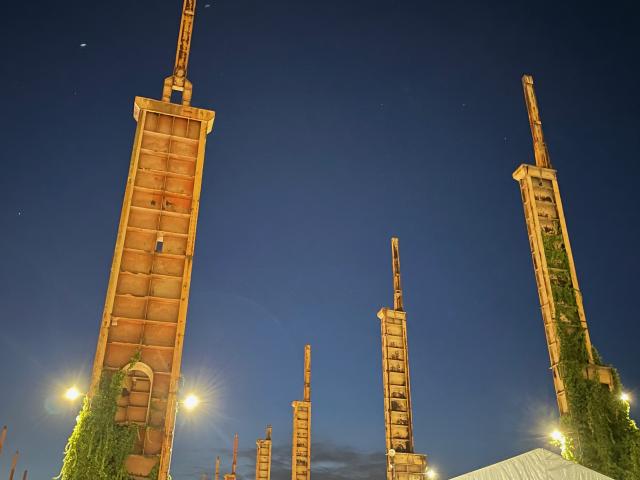
The Parco Dora site is testament to the Slow Food philosophy of clean, green and fair.
As the venue for the 2022 Terra Madre Salon del Gusto international food festival, it shows how a former industrial site in the northern Italian city of Turin can be transformed into a multi-purpose parkland that brings people together, but also adds green space to a thriving city.
Turin is a mix of Paris and Melbourne with wide, tree-lined streets and a network of lanes and alley ways.
It is at the crossroads of trading routes from time immemorial – north and south, east and west.
Today it is a melting pot of cultures speaking many different languages.
The Terra Madre Salone del Gusto reflects this. All regions of Italy are represented, and each of them quite distinctive in the foods they are renown for … wine, cheeses, fruit, vegetables, cured meats, oils, vegetables, juices, brewed drinks, coffee, pesto, pasta and risotto.
The 45ha site spread, either side of the River Dora, was the industrial heart of the city until the 1980s when the Michelin tyre factory, the Fiat Perriere Piemontesi sheet metal works and other big manufacturers, closed down.
An urban renewal program was launched in 1998 to create a unified park experience.
It was in this amazing setting we found ourselves in late September.
Farmers, producers and suppliers from throughout Italy and around the world set up with stalls and marquees to host hundreds upon thousands of visitors during six days.
It was a celebration of food and recognition of the vital role farmers play in it.
Slow Food promotes “good, clean and fair food” along with a stronger connection between people and the food they eat. It is a reminder of the healthy benefits of fresh food.
Into this heady mix the Australian delegation of presenters found themselves highly-regarded as having something substantial to contribute to the sustainable chain of supply.
Australia has become recognised for the thoughts and actions that contribute to changes in the food system one farm at a time. One child at a time. One story at a time.
If the past few years have been reflected by the Slow Food themes of Resilience, and now Regeneration, then you can add Resurgence to the list.
After the world has been shaken by the Covid-19 pandemic the crowds and the enthusiasm for knowledge are certainly back.
At such a time it is crucial to reflect on past methods and what can be done to change them. In this way not only can we learn from mistakes but ensure they do not happen again.
Slow Food Noosa had nine delegates at Terra Madre, the largest contingent from Australia.
Covid has given us the chance to look again at our values – the awareness of the importance of our environment – and that it will motivate us to make different choices.
The question must be asked: Are we risking losing touch with food? Are we too reliant on farming and transport systems that stretch across the country and around the world?
Included were Noosa president Jason Lewis of Cooloola Berries and Scott Andrews of Tagigan Road Produce at Wolvi, Pomona mead makers Andy Coates and Nicola Cleaver, Sunshine Beach State School teacher Di Seals, University of the Sunshine Coast associate lecturer in business Melissa Innes, committee members Rod and Karyn Lees.
As one of two Australian media delegates, I jumped at the chance to see some of the farming areas of Italy.
After travelling to Turin through many different regions of Italy, the idea of Slow Food seemed to be something the Italians do naturally. Their understanding and knowledge of food grown locally and uniquely in their own region is second nature to them.
Yet, on approaching the Turin Slow Food Festival, known fondly as the Terra Madre Salone del Gusto, we were astounded to see the passion and representation of Italian food regions both in the number of delegates and stalls.
More surprising was the sheer number of local visitors streaming through the gates on every day of the festival. It became evidently clear that Slow Food here was not just a movement – but a way of life … and something the Italian people are very proud and passionate about.
Learning through tasting and educational workshops and conferences are an integral part of Slow Food.
They are a way to widen knowledge while stimulating the senses and listening to the stories of the people behind the products.
Through these, people can discover the world of natural products and landscapes, starting from natural cheeses, made with raw milk and without selected starters, and natural charcuterie, which comes from free grazing, local breeds whose meat is processed without nitrites.
Behind every land there are stories, traditions, flavours and techniques being preserved and passed on among our communities.
Do we appreciate where our food comes from and do we tell others about how good it is?
Should we be doing more to label our produce as being grown in Noosa, in Cooloola, the Mary Valley, the Blackall Range or Gympie ?
The conferences included Larissa Mies Bombardi, teacher at the faculty of Philosophy, Literature and Human Sciences at the University of São Paolo, Brazil, who’s spent recent years studying the use agrochemical products in her country.
Michael Moss, reporter for the New York Times and author of Salt Sugar Fat: How the food giants hooked us.
Carolyn Steel, architect and author of Sitopia: How food can save the world.
Elena Granata, associate professor of Urban Studies at the Polytechnic of Milan, author of Biodivercity: Open, creative and sustainable cities that change the world.
University of the Sunshine Coast’s Melissa Innes said it was an honour to be part of the Slow Food Noosa delegation selected to present at Turin.
“I wasn’t sure what to expect but had heard about the incredible transfer of knowledge between the Australian and International delegates in previous years, and how this led to significant positive changes for Slow Food Noosa.
“For example, the development of the Snail of Approval program was a direct outcome of Noosa delegates attending the 2016 Turin food festival, and discussing this concept with local Italian convivia that had similar programs in place.
“Returning to Australia after the 2016 conference, the Slow Food Noosa committee set about researching and investigating programs that would suit our Australian culture and practices … and Snail of Approval was born.
“Arriving at Terra Madre is an absolutely overwhelming experience – in a great way.
It is difficult to know where to begin. Set against an impressive post-apocalyptic backdrop of the reclaimed and regenerated land of past manufacturing companies, the food stalls from the regions of Italy and around the world stretch as far as the eye can see.
“Amid the rising steel structures of the previous era, there are pavilions that house some of the larger Italian food regions such as Puglia, Toscana and Calabria.
“Sometimes the farmers are there to tell their stories – unravelling the history of their farm and product and demonstrating their passion for a tradition they’ve carried in their families for generations.’’
Such was the case of Lorenzo Urdapillet from the Basque region of Spain. He farms the Euskal Txerria, the only surviving pig breed native to the Basque territories.
Lorenzo described his concern about the loss of knowledge and tradition raising pigs on his family’s farm.
Supported on the food stall by his daughter Pello, it was difficult to picture – with the changing dreams and aspirations of the new generation – Pello settling down to take over the tradition. And so it would be lost to the world.
The dedication that beekeepers Sife and Lotti Federica had in driving 12 hours in their van from Carovigno in Puglia province, at the heel of Italy, to bring both honey and hives.
Delegates from the Slovak Republic displayed photos of 500 to 600-year-old mulberry trees – utilised to produce jams that are traditionally produced using copper pots and hours of boiling the fruit down.
The trees, they explained, are under threat of land development and these delegates appeared to hold little hope that their trees would survive. Another centuries-old tradition under threat by urban expansion.
While Italy is known for its wines, the extent of the cheese making and cured meats was a real surprise.
Although not as well known for cheese as France, Italy has 31 DOP (Protected Designation of Origin) zones.
Italian cheese identifies 293 traditional types. It is the country of pecorino, parmigiano reggiano, taleggio, robiola, gorgonzola, and mozzarella di bufala.
Parmigiano-reggiano, for instance, is to Italy what champagne is to France.
The hard, slightly salty cheese – sometimes referred to as parmesan – can only come from Parma, Reggio Emilia, Modena, and parts of Bologna and Mantua.
Gorgonzola is made in Piedmont and Lombardy, while mozzarella di bufala campana DOP is from the provinces of Caserta and Salerno.
Terra Madre is a celebration of food, as well as a recognition of farmers and the role they play in providing fresh food in their communities.
They are the hub: They provide food that is clean, healthy and sustainable – that has been produced, harvested and marketed by fair means.
By supporting the farmers it means a circular economy where the money returns within the community and provides a better return on investment.
Slow Food International president Edie Mukiibi said cities could be regenerated by reducing the distance between food production and consumption.
“This distance, which is both physical and psychological, has widened over the past century, rendering the production of our food largely invisible to us.
“This gap can now be closed if we choose to focus again on where the food comes from and respect who produces it every day, promoting good between communities, as well as between humankind and the environment – clean and fair food for all.’’
The path to regeneration should start with a radical renewal that can and must begin with food, Slow Food Europe director Marta Messa said.
“This can be done by improving agricultural practices, systems of production and distribution; by ensuring policies that truly empower communities to develop local food systems and diversify diets, from the largest cities to the smallest villages.
“Talking about regeneration in our plates means looking for new ways of considering our food; enhancing the role of legumes, of wild fruits and of our rich biodiversity, for instance.’’
Terra Madre Salone del Gusto gave visitors the possibility of deepening their understanding of three supply chains, each of which has a particular regeneration significance, Marta Massa said.
To achieve a real regeneration of cities, of the countryside, of villages, of food production and distribution, people must overcome the opposition between innovation and tradition, Slow Food founder Carlo Petrini said.
“There is true innovation when a tradition is successful.
“The most innovative and revolutionary subject that can implement real lasting innovation are communities because they are based on the emotional security that can practice a real paradigm shift.’’
These communities are aware that the present heritage is not only still alive but can yield widespread positive effects.
Communities are about joy and happiness, Carlo Petrini said, and can be both the tool for change and the goal of a new way of people coming together.
And with these we must embrace the long period of transition ahead to sustain and enhance the health of soil, plants, animals, humans and the planet.
What Slow Food highlights is that local production fosters a community market where people gather and look for fresh food.
It also serves as a way of meeting the family talking with them about production, and at a local level meeting with people meet to share and exchange food stories over a coffee or meal at a the local café.
The passion that Italians have for their food is admirable. They care about where their food comes from, how it has been produced, and how they can support each other to ensure the sustainability of their food systems and regions over time.
The joy this brings them is evident in their respect for one another, and the way in which they welcome foreign travellers to their land – and to enjoy the many fruits of their labour.
Terra Madre Salone del Gusto provides a conduit for this experience and the lessons to be delivered loud and clear to Slow Food delegates from all around the world.
It will be interesting to watch how these lessons translate back into local food networks at home.
The Noosa, Gympie and Sunshine Coast regions have a lot to offer on the Slow Food front.
We have an opportunity to sample these offerings and show our appreciation to the hard-working farmers that bring such inspiring produce to our restaurants and homes – as well as enjoy some slow food moments with family, friends and loved ones. Isn’t that what life is all about?

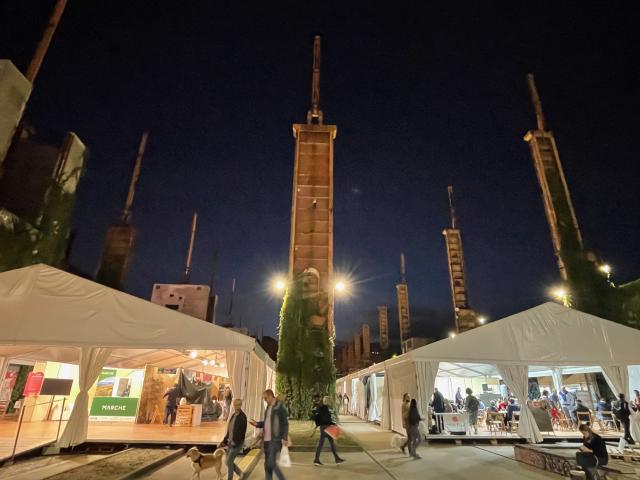
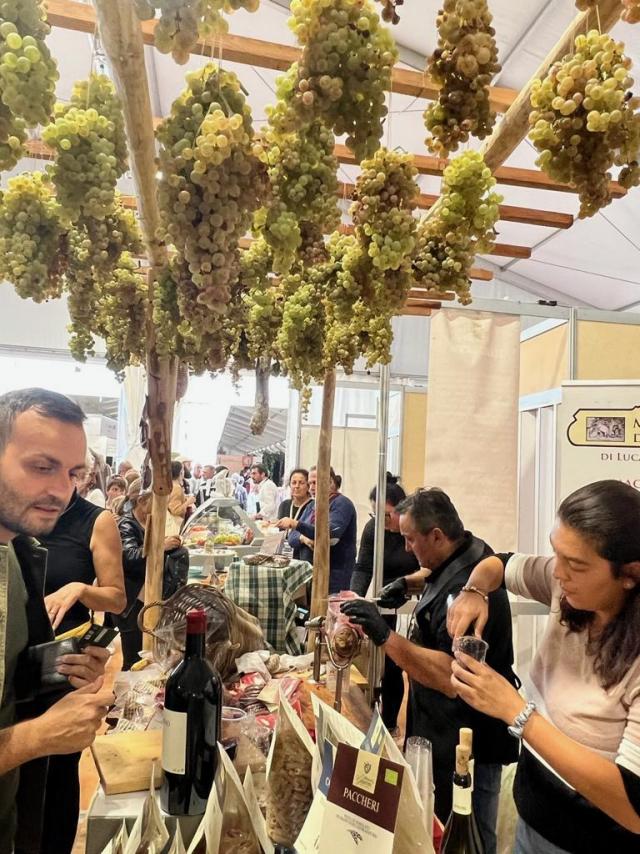
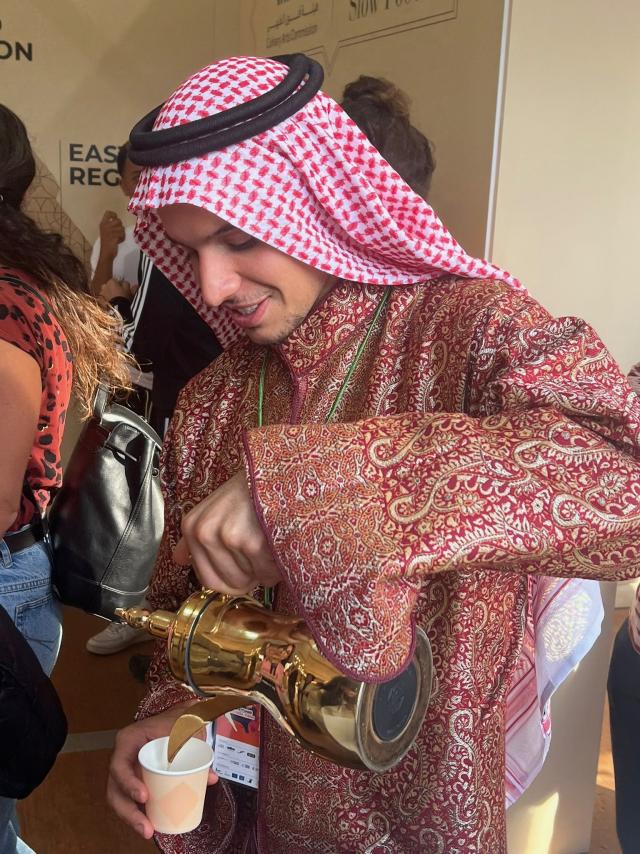
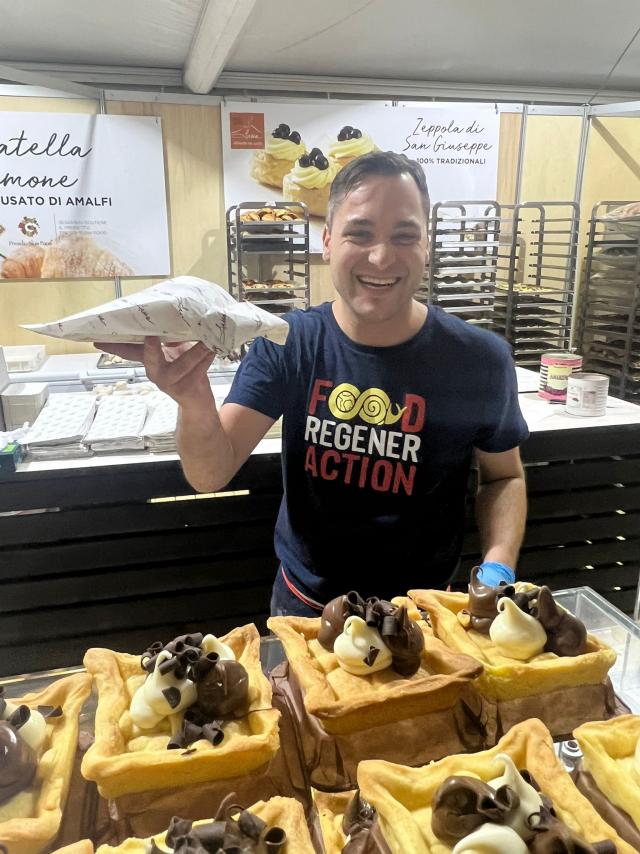
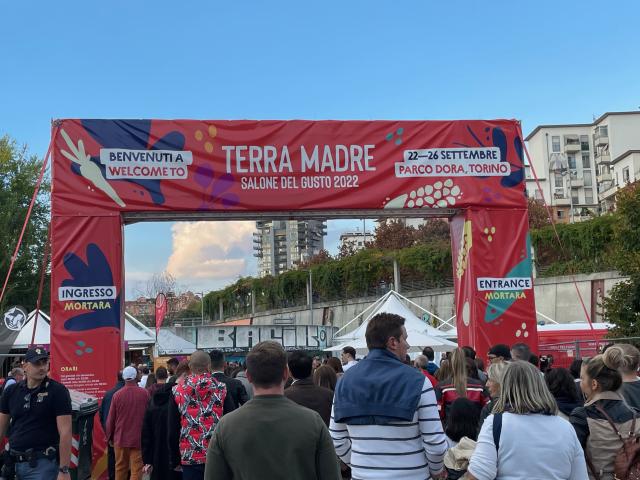
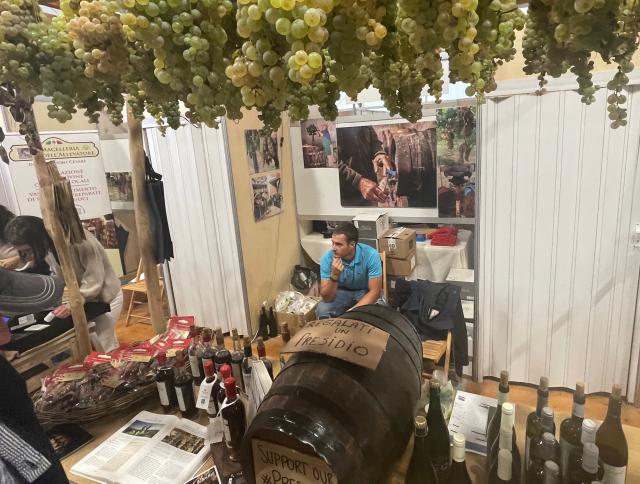
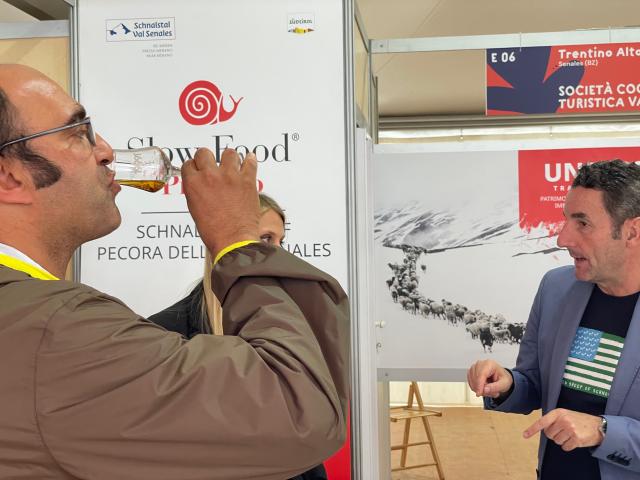
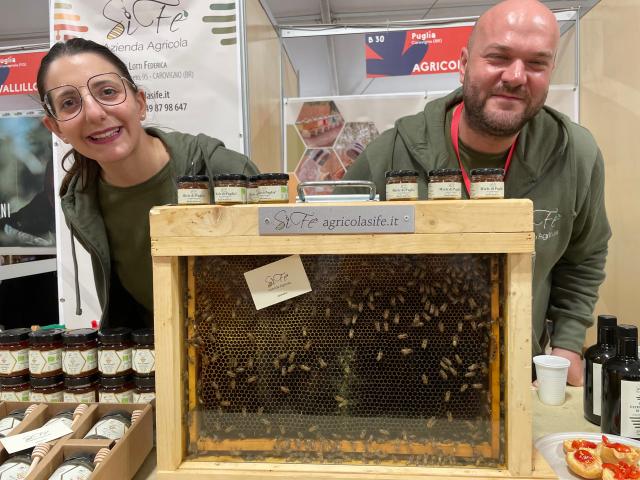
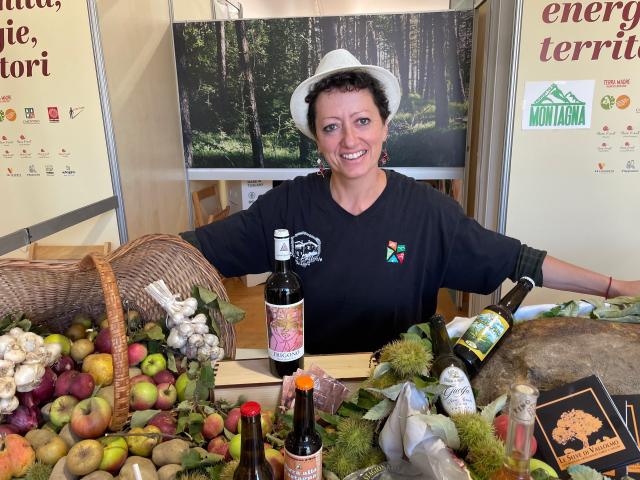
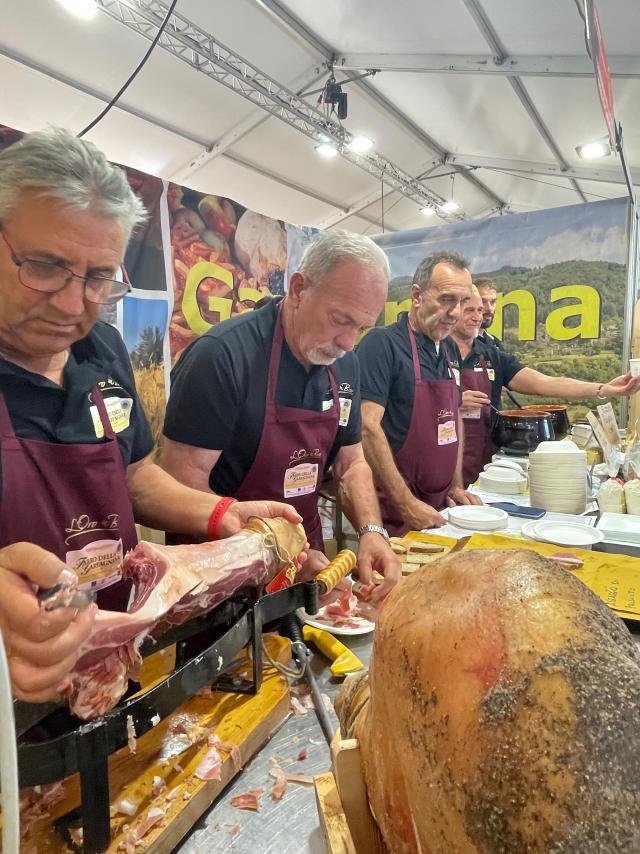
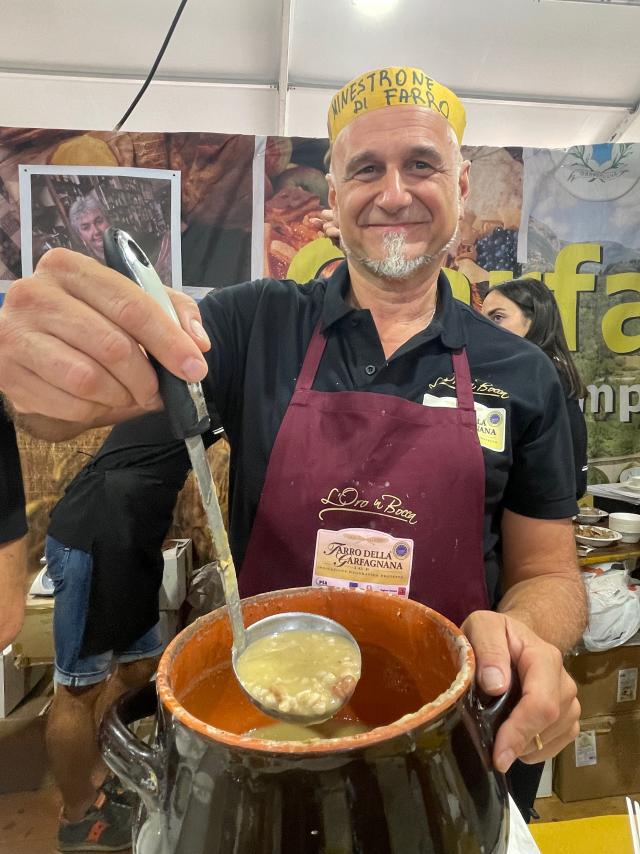
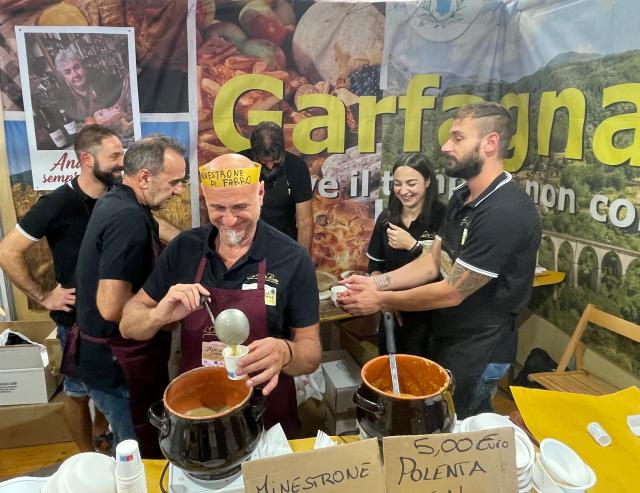
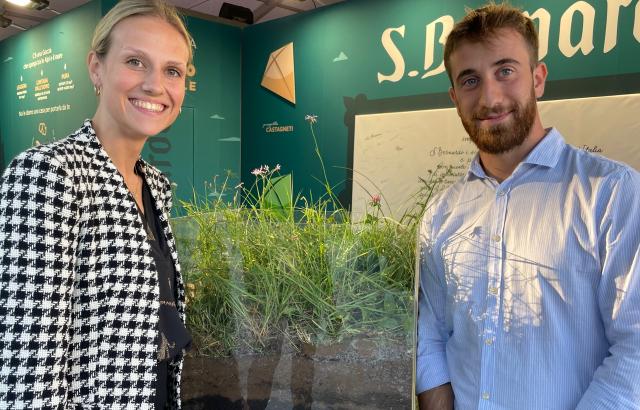
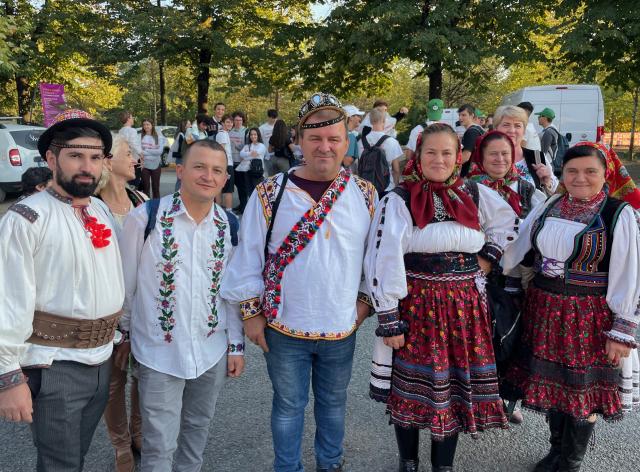
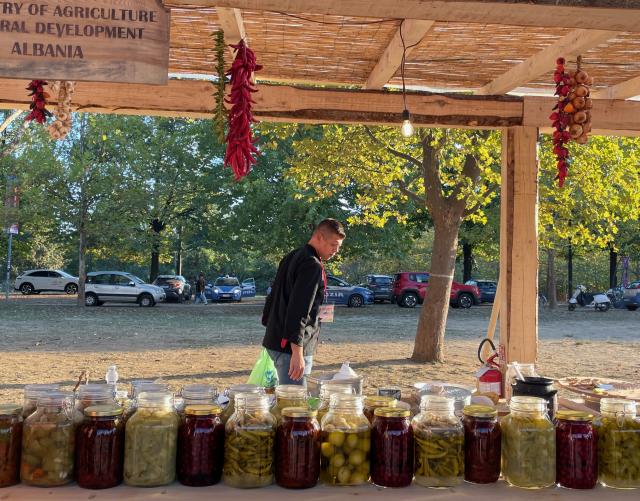

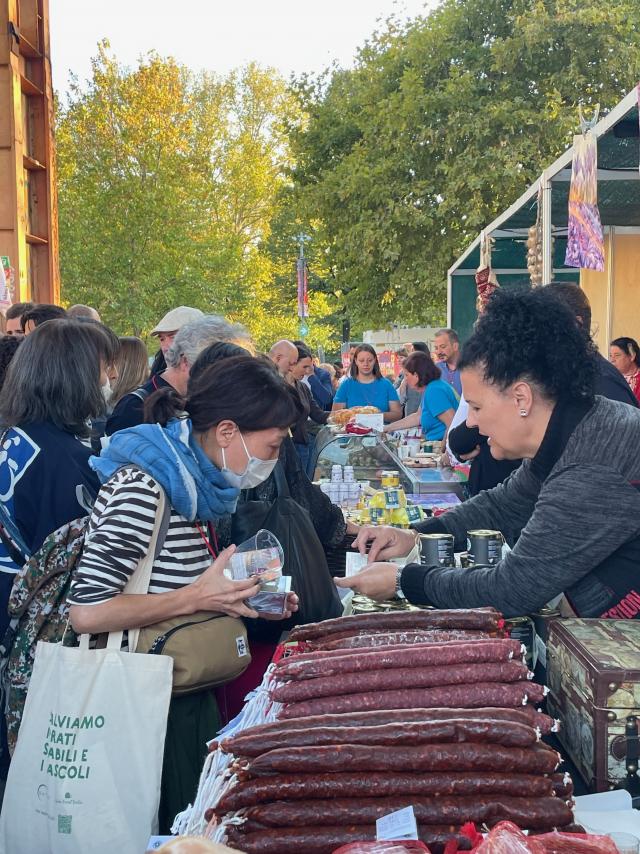
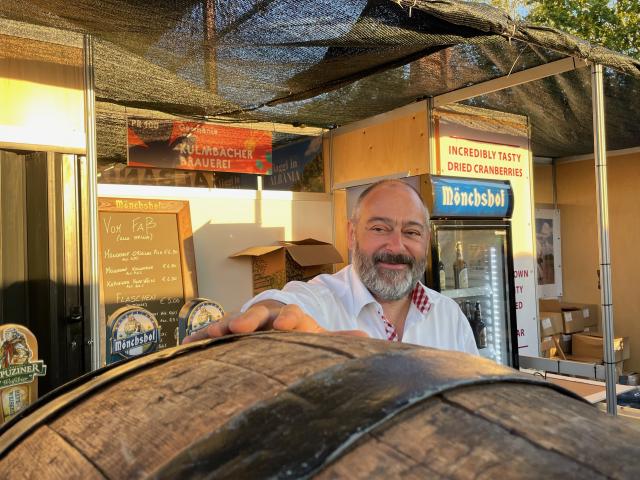
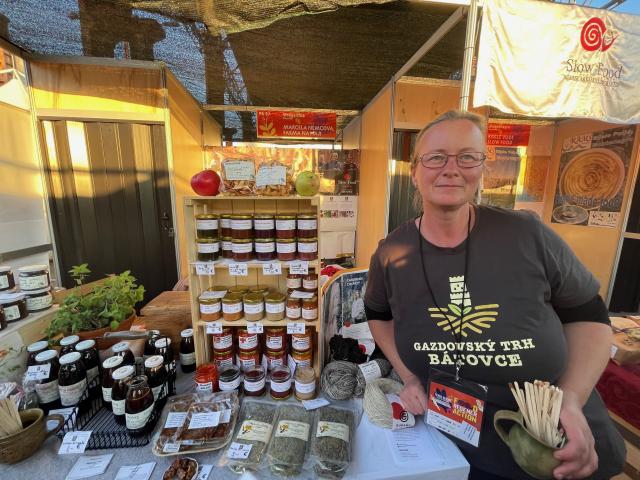
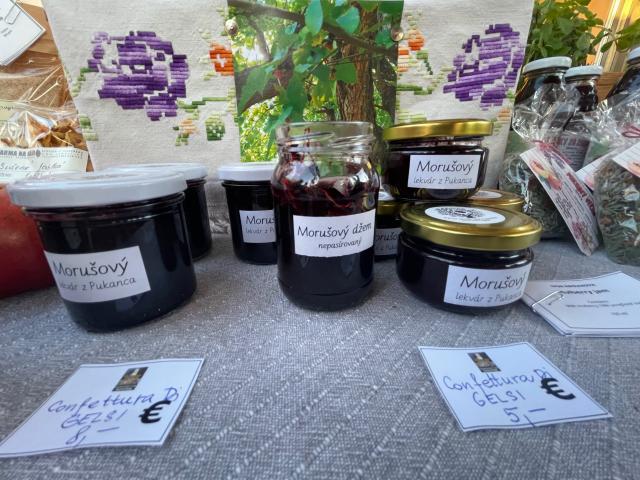
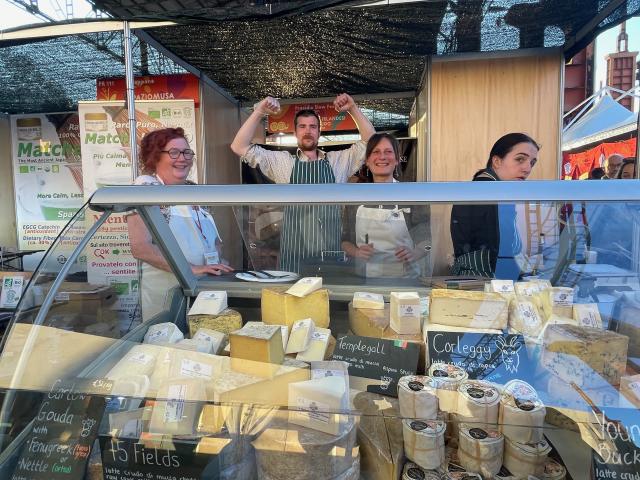
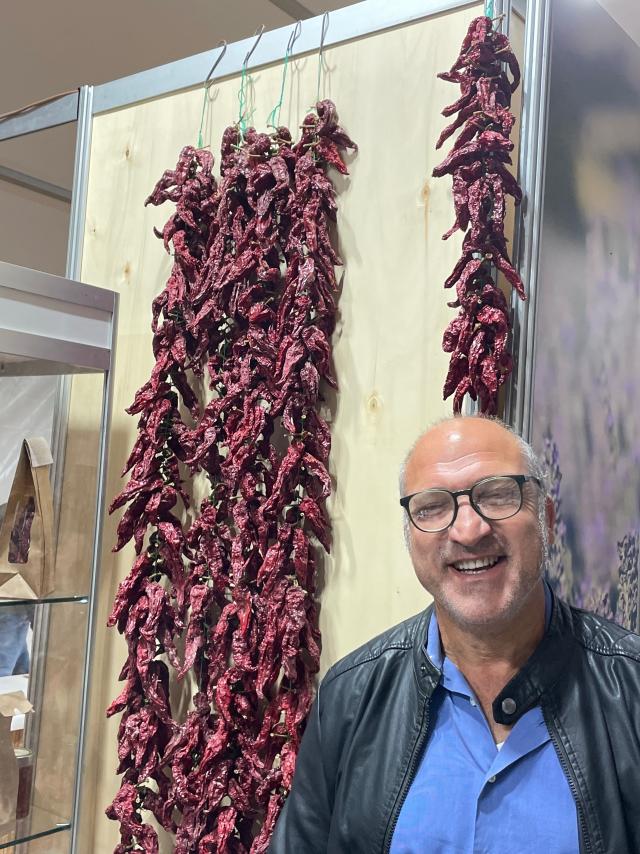
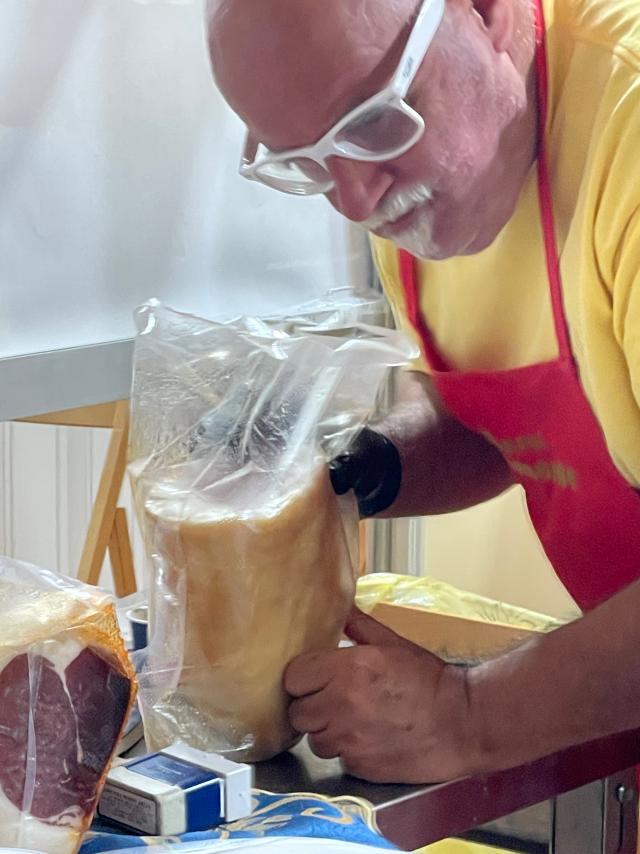
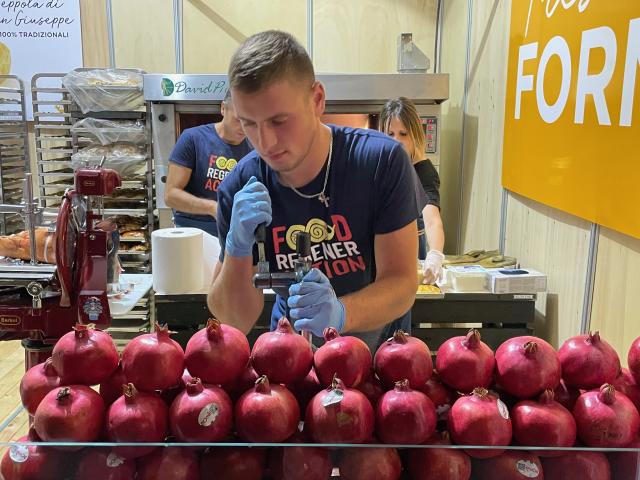
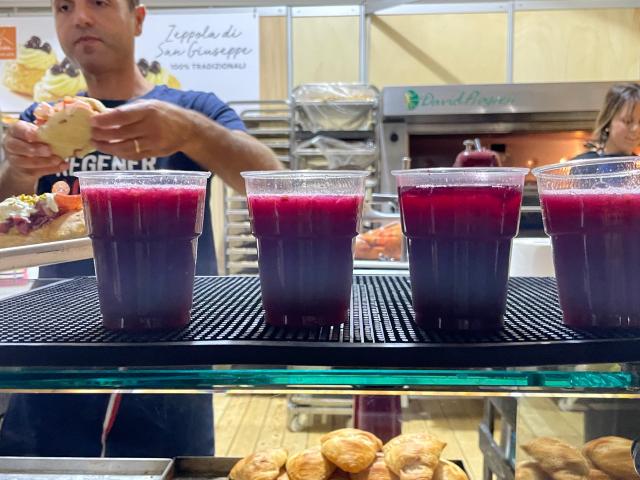
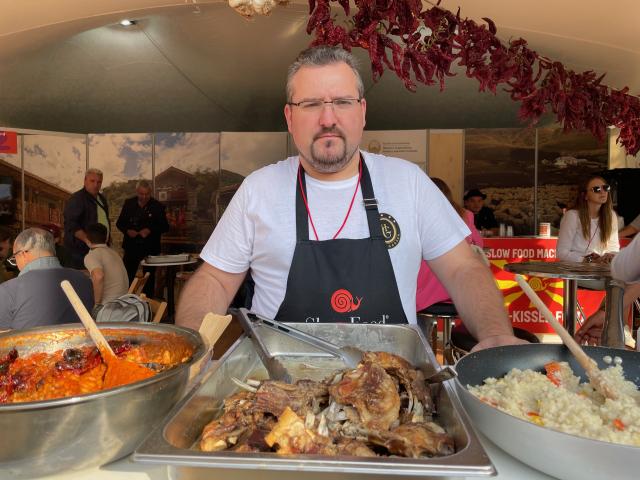
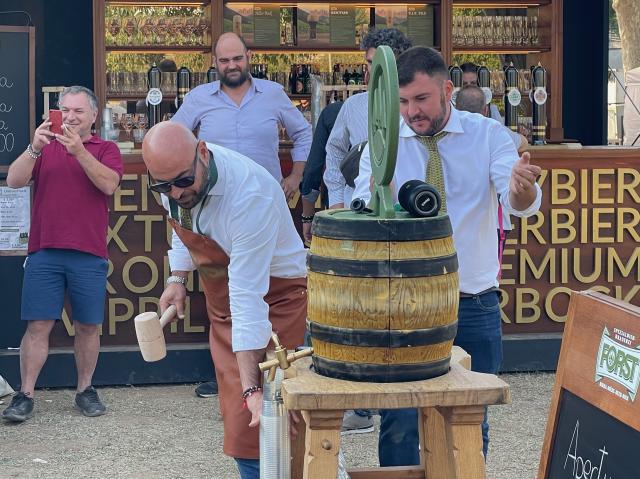
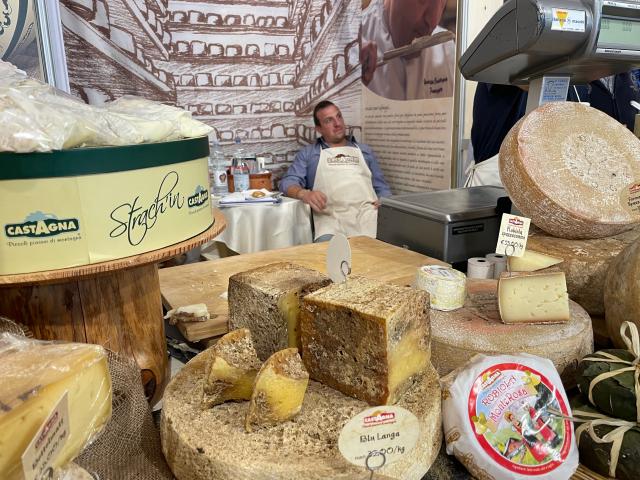
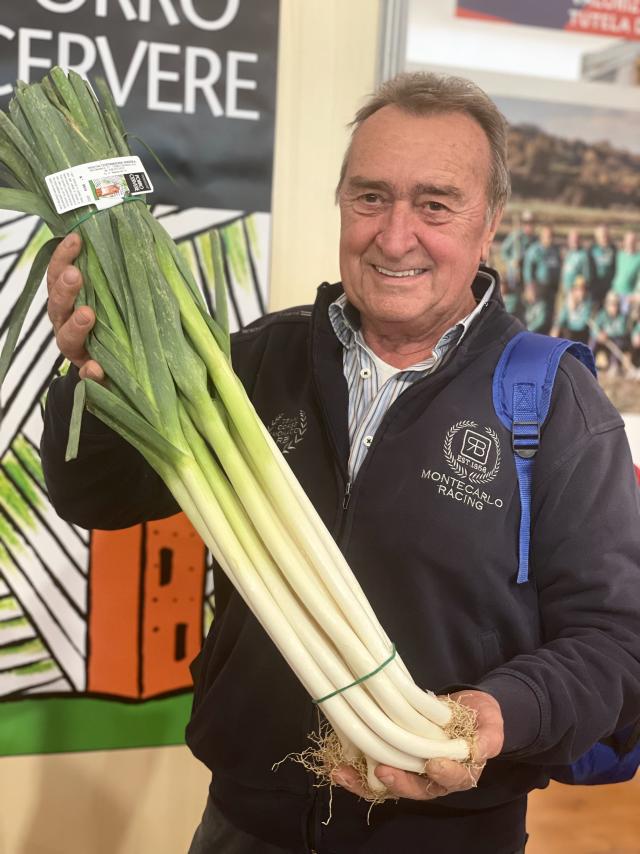

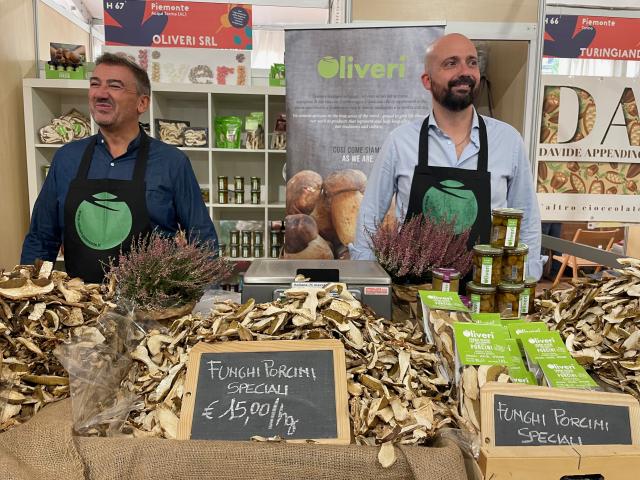
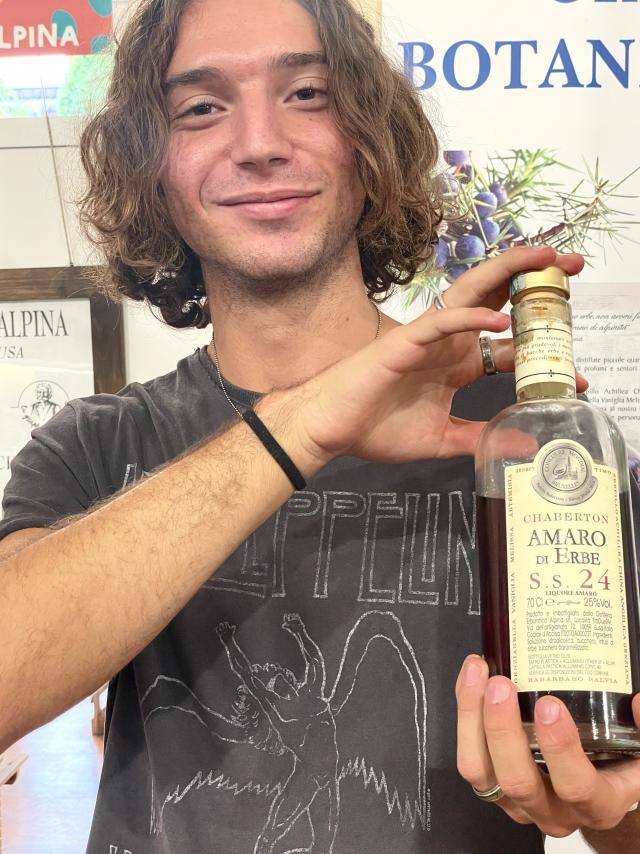
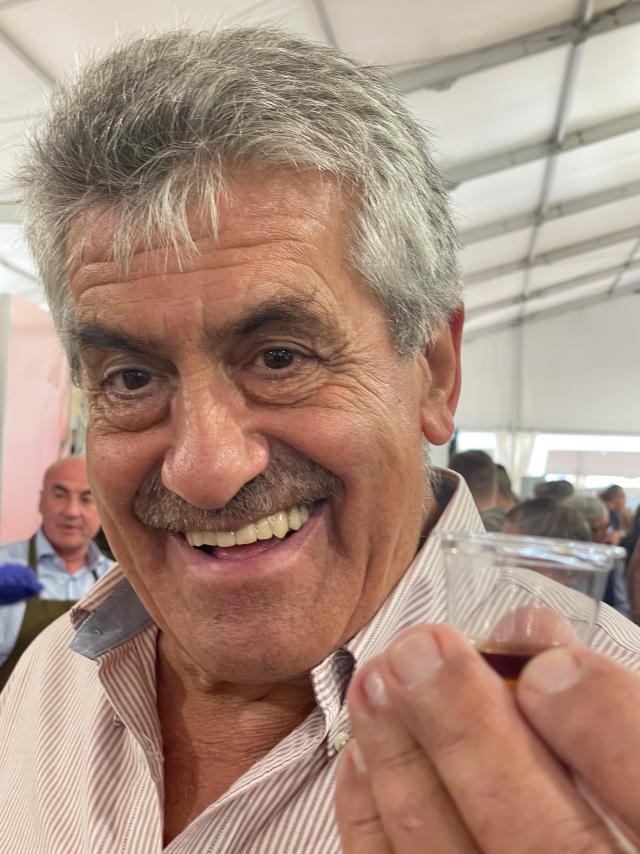
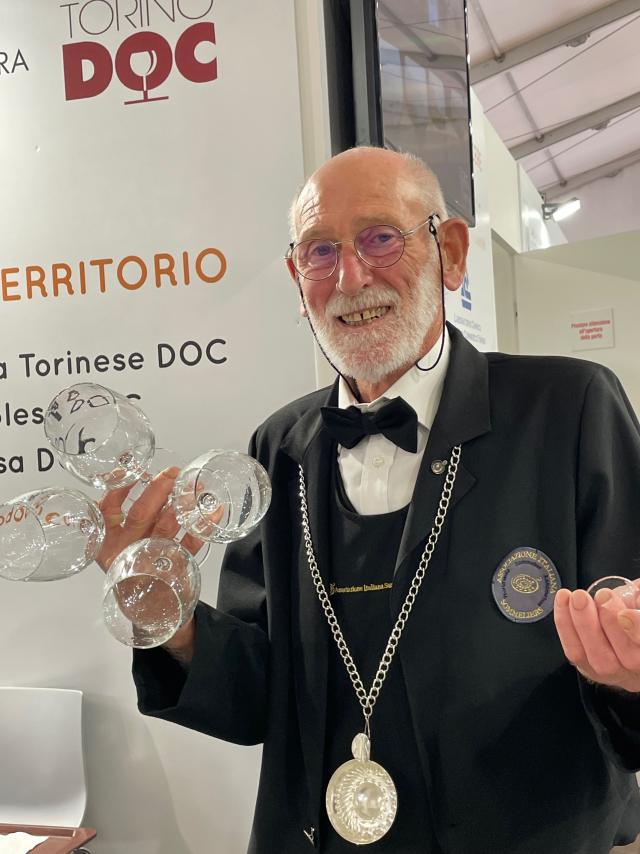
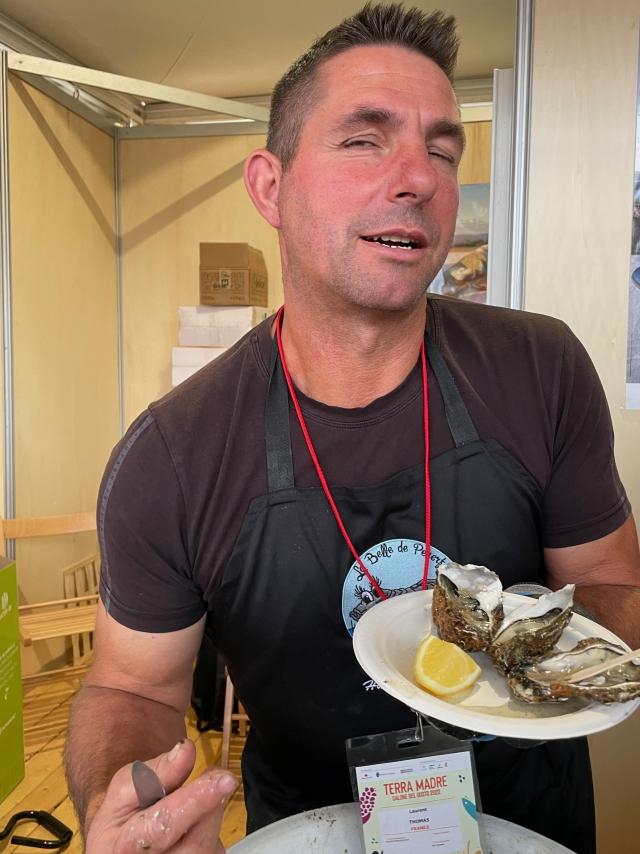
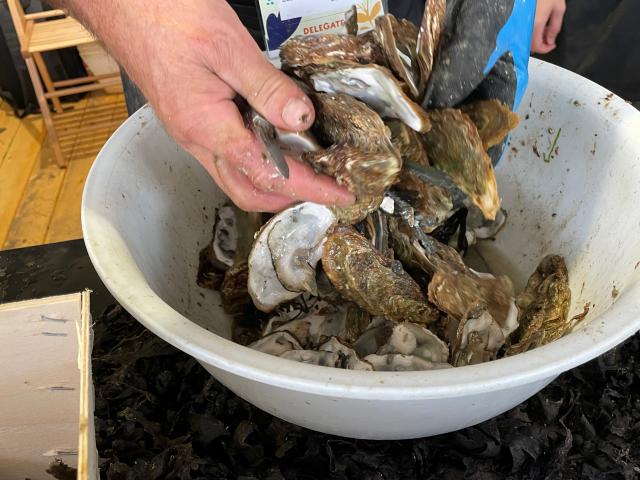
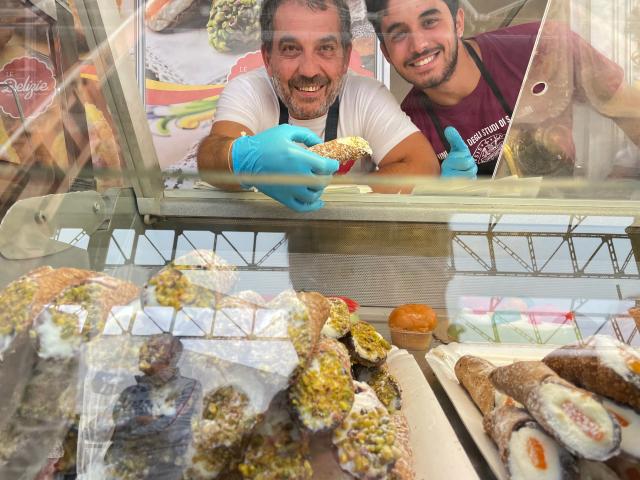
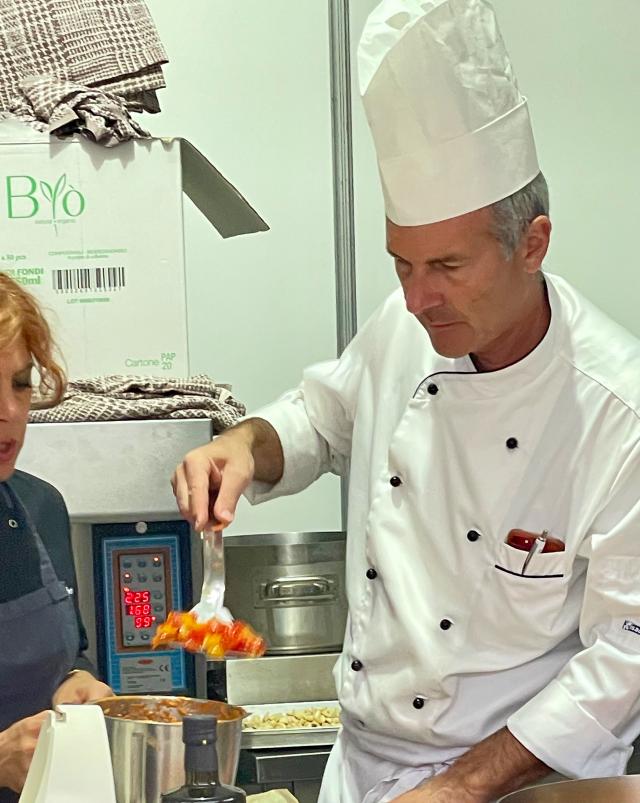
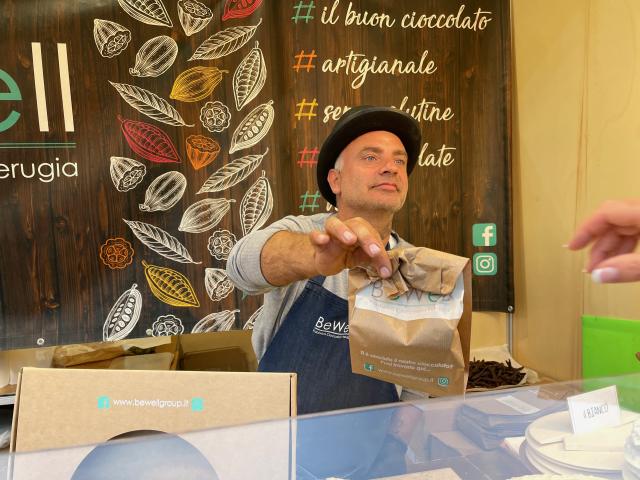
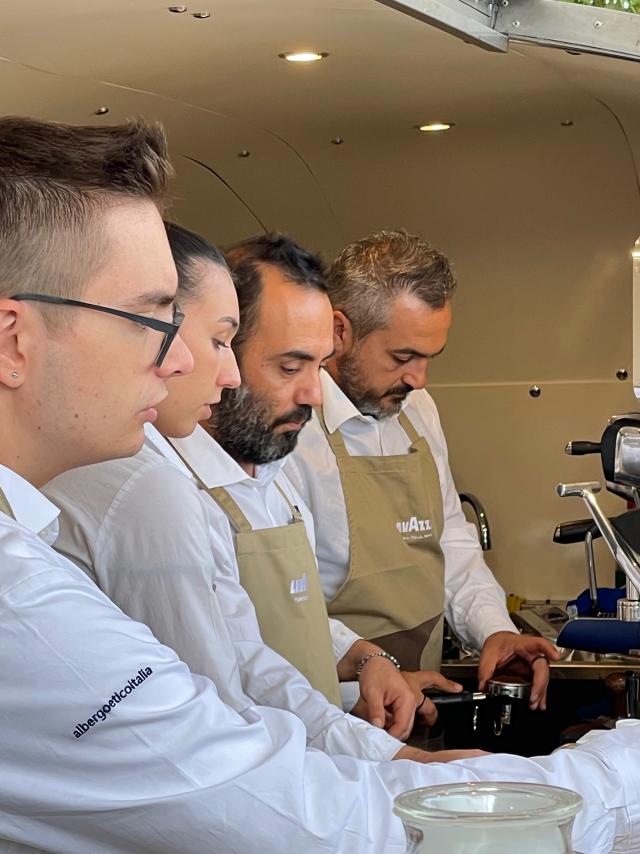
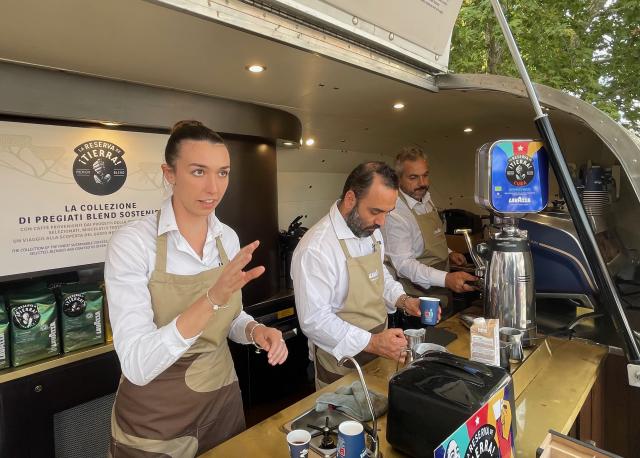
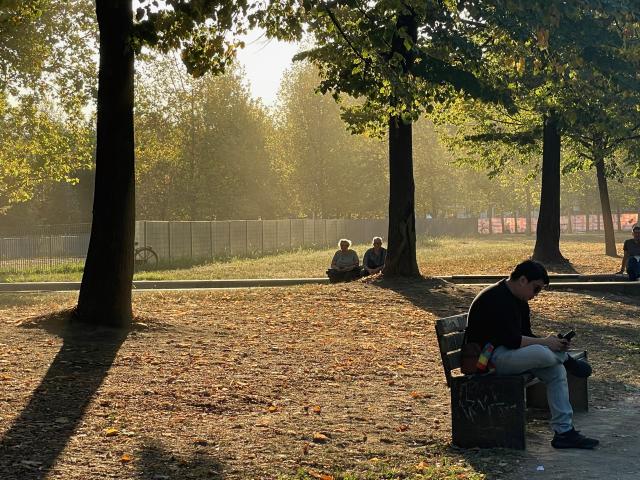
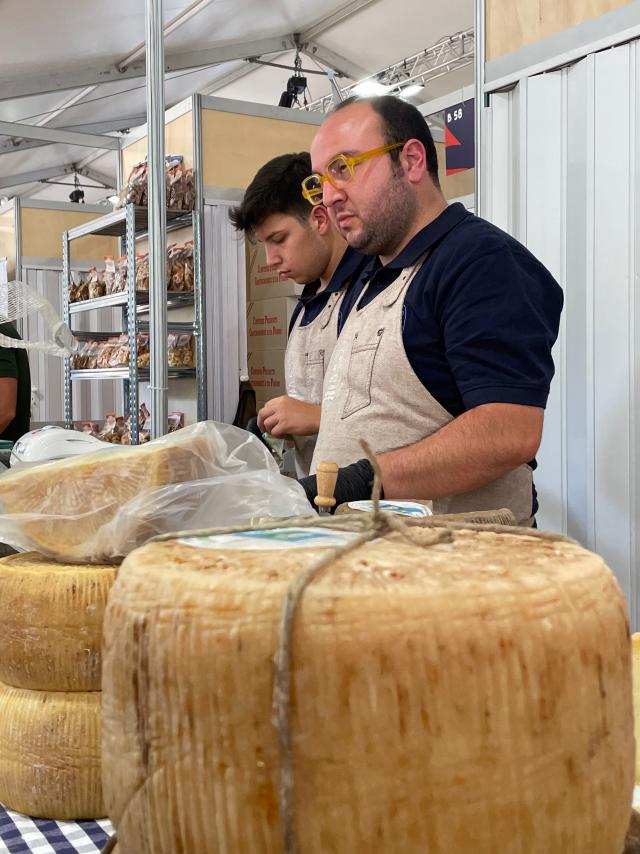
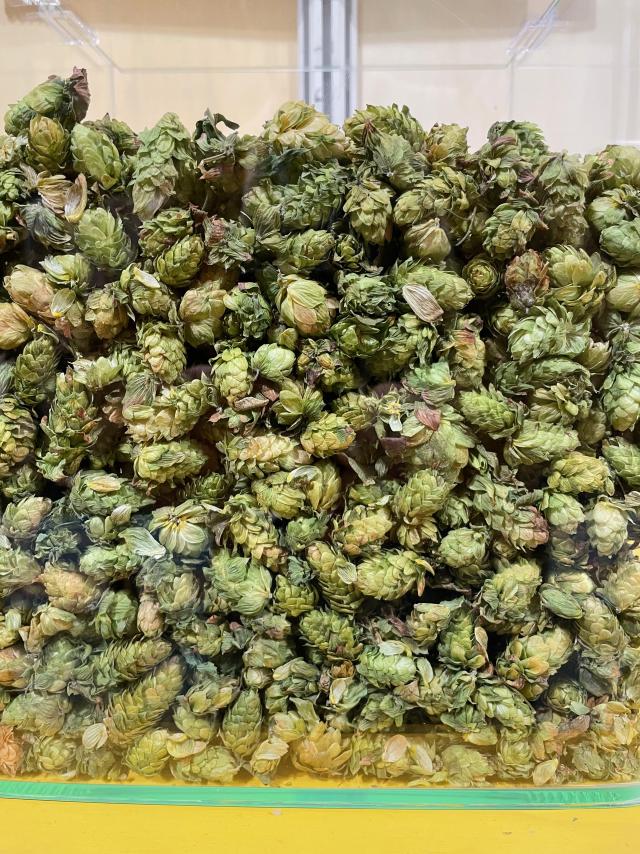




![[READER COMPETITION] – Win a Viking european river voyage valued at $16,190](https://noosatoday.com.au/wp-content/uploads/2025/07/viking-competition-wesbite-image-3-100x70.png)
